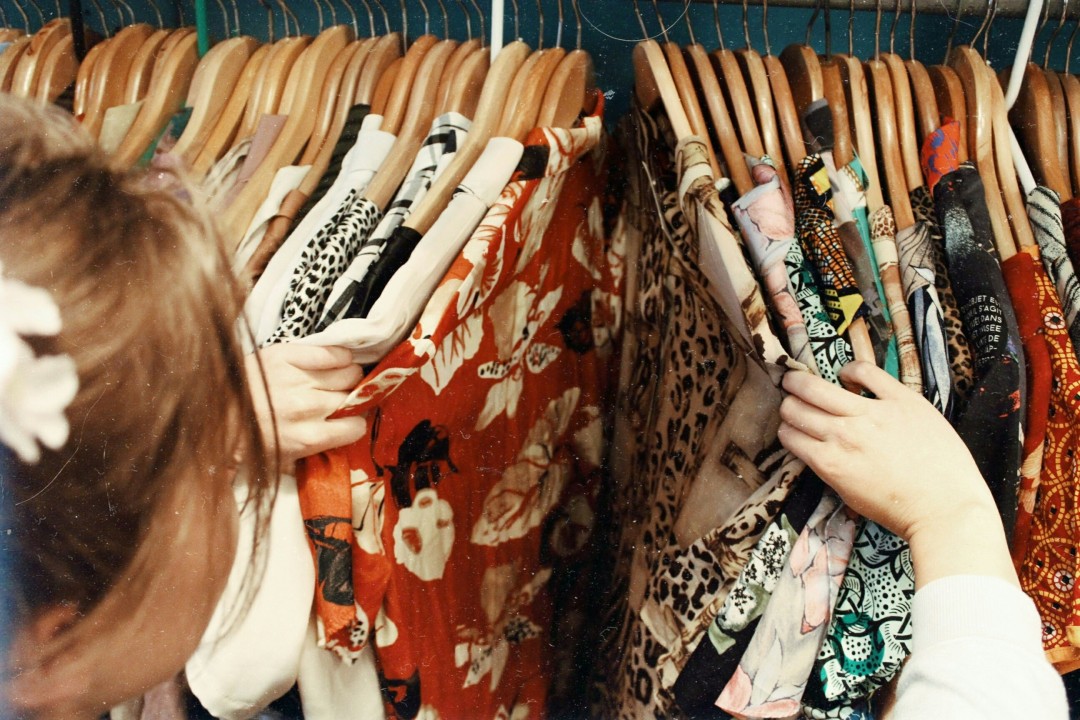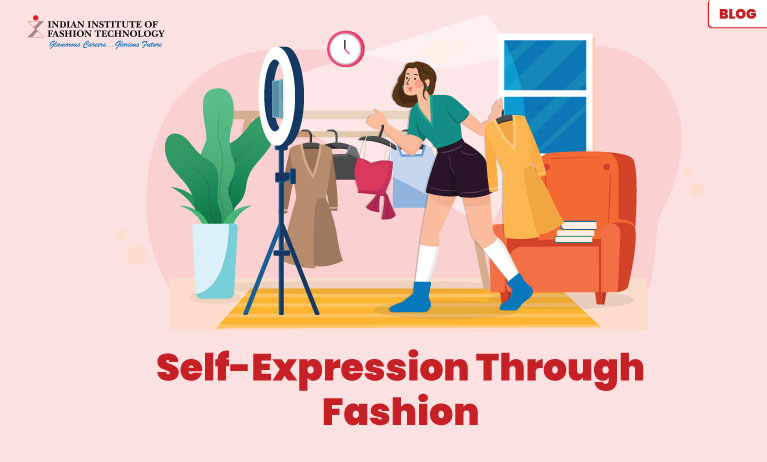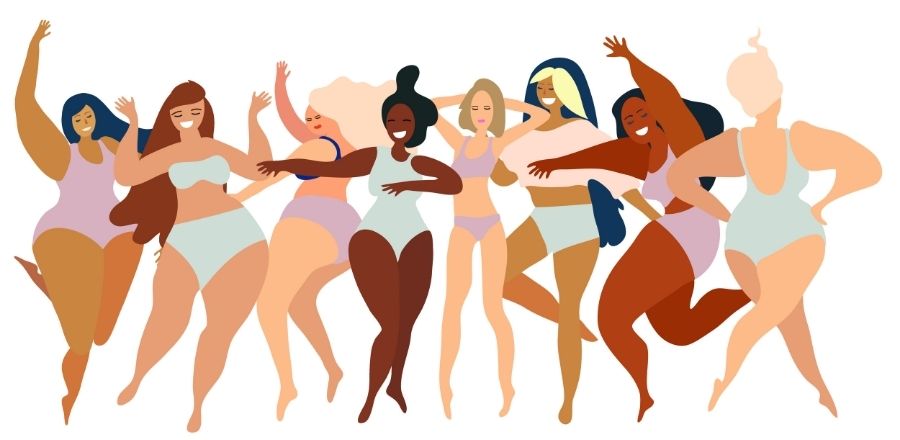Fashion is more than just about looking beautiful; it is also about feeling good. Clothing choices have a huge impact on our mood, confidence, and sense of self-expression. Everything in our wardrobe, from the colors we wear to the styles we choose, can have a significant impact on our psychological well-being. Let’s take a look at the complex relationship between fashion and mental health, specifically how clothing choices can affect our mood, self-esteem, and psychological well-being.
The psychology of clothing choices is an intriguing subject that dives into the complex ways in which our state of mind and emotions intertwine with the clothes we wear. Our clothing preferences are impacted not only by external factors like societal standards and cultural trends, but also by internal factors like our mood, personality, and self-esteem.
For example, when we are feeling confident and self-assured, we may opt for bold and expressive clothing choices that reflect our inner strength and vitality. On the other hand, when we’re feeling more private or contemplative, we often choose more muted and simple outfits that provide us with a sense of comfort and security. Our clothing choices can also be used as a tool to express ourselves and our individuality, allowing us to communicate our values, interests, and personalities with the rest of the world. Whether we dress to impress someone, express ourselves, or simply feel good about ourselves, our wardrobe choices hold significant influence.
Impact on Self-esteem
Fashion’s impact on mood and self-esteem goes beyond the immediate feelings associated with our wardrobe choices. According to research, our clothing can influence how people see and interact with us, hence altering social dynamics and interpersonal relationships. When we dress in a way that is consistent with our chosen image or identity, we project sincerity and confidence, which can garner respect and admiration from others. On the contrary, feeling uncomfortable or self-conscious about our appearance can impair our capacity to participate successfully in social situations, leading to feelings of isolation or inadequacy. As a result, the relationship between fashion, mood, and self-esteem is a complex relationship between internal and external factors that influence our judgments of ourselves and others. By creating a wardrobe that reflects our true selves and makes us feel empowered, we can improve our mood, boost our self-esteem, and navigate the world with confidence and authenticity.
Fashion as a form of self-care goes beyond the mere act of dressing; it includes the process of building a wardrobe that reflects our values, aspirations, and emotional needs. For many people, choosing clothing that reflects their particular style and identity may be a therapeutic release, providing a sense of control and empowerment in an otherwise chaotic environment. Fashion allows us to prioritize our emotional well-being and nurture our sense of self, whether by selecting an outfit that lifts our spirits on a bad day or investing in quality pieces that make us feel confident and put together.
Fashion as a Form of Self-care
The act of getting dressed is a mindful process that builds self-awareness and self-expression and allows us to tune in to our thoughts and feelings as we choose each piece of clothing with purpose and care. By viewing fashion as a type of self-care, we may create a better relationship with our appearance and improve our general well-being. Fashion has a significant impact on body image, influencing both how we perceive ourselves and how others perceive us. The fashion industry has long been criticized for promoting restricted and unrealistic beauty standards, which are frequently represented by photoshopped images of models with impossible body proportions. Such depictions can instill feelings of inadequacy and insecurity in consumers, resulting in body dissatisfaction and low self-esteem.
However, there is a growing movement in fashion for body positivity and diversity, with brands embracing all body shapes and questioning conventional notions of beauty. By including models of diverse sizes, ages, and ethnicities in their advertisements and runway shows, these brands promote a more inclusive and realistic picture of beauty, motivating people to love their bodies and nurture positive self-esteem. This trend towards body positivity not only promotes a better relationship with our bodies but also encourages acceptance and celebration of diversity in all forms inside the fashion industry and beyond.
Conclusion
In conclusion, the relationship between fashion and mental health is complex and multifaceted. Our clothing choices can influence our mood, confidence, and sense of self-expression, making them an effective form of self-care and expression. However, the fashion industry also can reinforce toxic beliefs and prejudices, which can have a negative impact on mental health, particularly body image. As consumers, we must be aware of the messages and values presented by the fashion industry, and make decisions that are consistent with our own values and well-being. By embracing variety, inclusivity, and authenticity in our fashion choices, we can foster a healthy relationship with our appearance while also promoting mental health and well-being in ourselves and others.





















